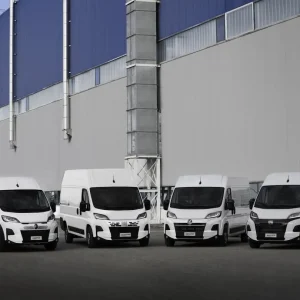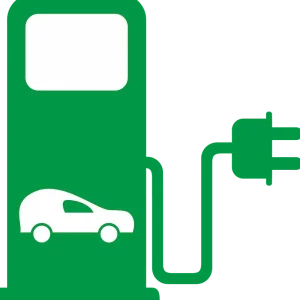The mayor of London Sadiq Khan has announced a £23m scrappage scheme to help small businesses switch to newer, cleaner vans, including electric vehicles.
The initiative is targeted at London’s ‘micro-businesses’, defined as those with fewer than 10 employees, and is set to be introduced before the Ultra Low Emission Zone (ULEZ), comes into force in central London on 8 April 2019 obliging diesel vans that do not meet the latest Euro 6 standard to pay £12.50 a day to drive in central London.
Khan said that under the City Hall scheme, funding will be available to scrap vans that do not comply with the new ULEZ standards, but which are driven into the ULEZ zone regularly.
He claimed it would help thousands of micro-business owners update their vehicles. Khan has asked officials and TfL to work out how the money could be spent most effectively, and said further details of the scheme will be available next year.
Khan has also called upon environment secretary Michael Gove to match City Hall’s scrappage scheme with £23 million of government money, funded either from the £245 million National Clean Air Fund or from underspend on Highways England’s £75 million air quality fund.
Khan, said: “Air pollution is a national health crisis that is stunting the lung development of our children and leading to thousands of premature deaths. To truly get a grip on our lethal air we need to take bold action to rid our city of the most polluting vehicles.”
Edmund King, president of the AA, said: “The AA welcomes the mayor’s diesel scrappage scheme. Some small businesses that cannot afford to switch their vans to cleaner Euro 6s have been taking the hit from higher road use charges and simply passing on the extra costs to their customers.
“This scrappage scheme gives them a route to cleaner vehicles, an escape from air quality charges, the chance to stay competitive in their trades and businesses, reduce customer costs and above all the means to cut street-level pollution.”
Steve Gooding, director of the RAC Foundation, added: “Vans criss-cross the capital making journeys that are crucial for London’s economy. They are likely to cover more miles per day than a car simply driving to and from a single place of work. Helping smaller businesses, with limited cash flow, trade up to newer cleaner vehicles faster than they could do otherwise makes sense.”





